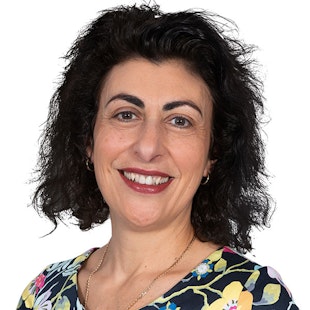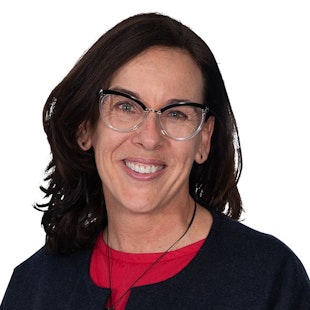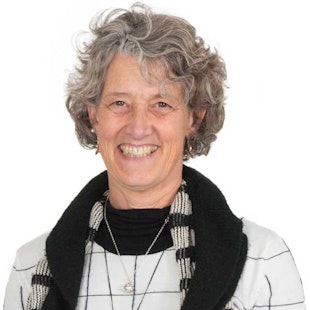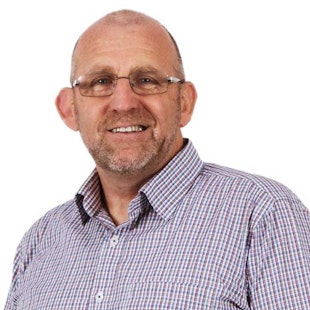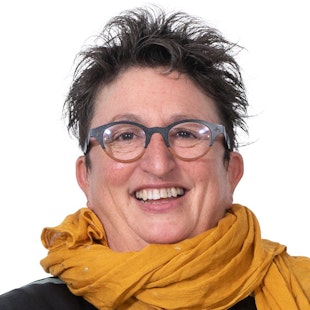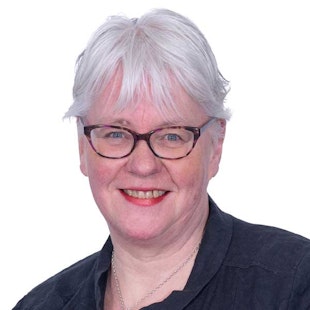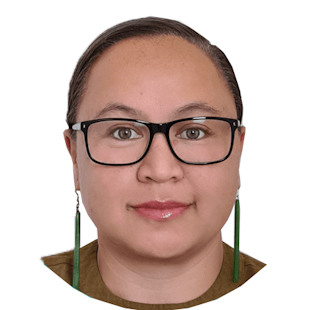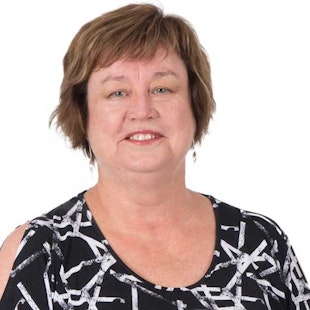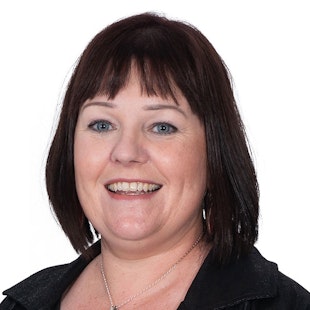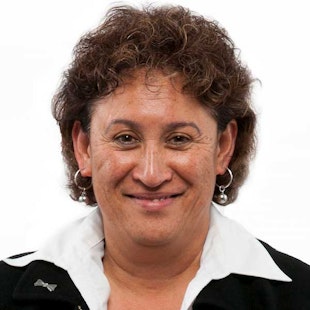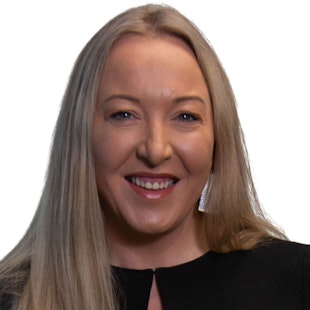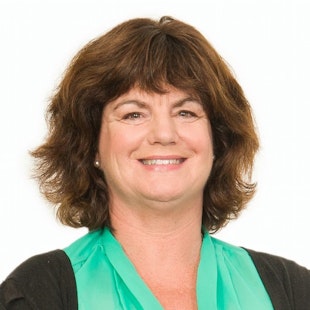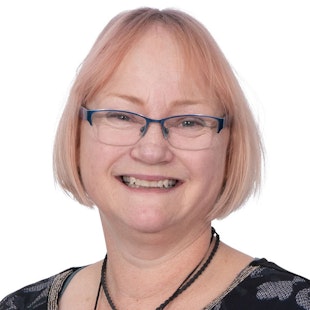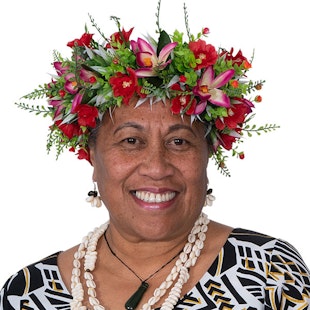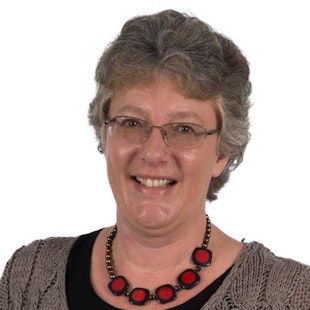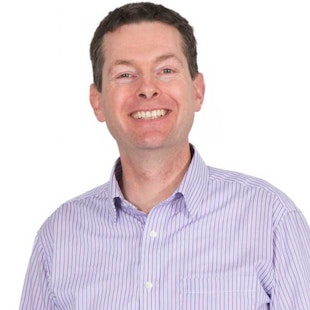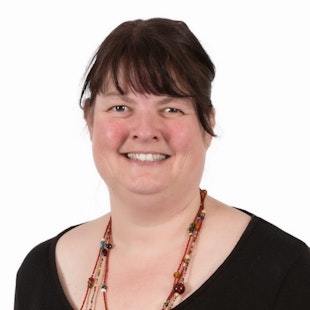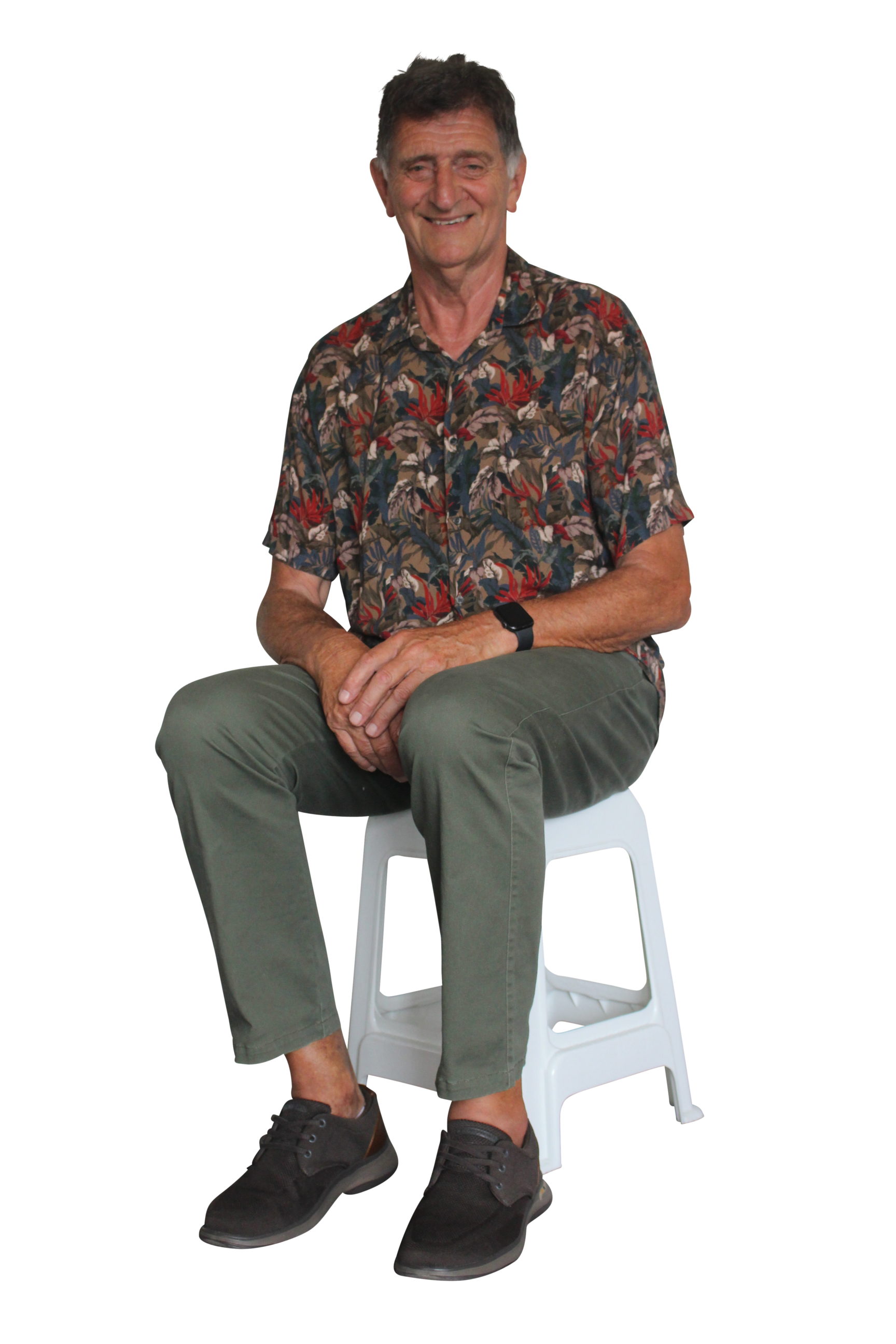
Qualifications
Doctor of Philosophy in Education – Curtin University Western Australia
Master of Science (Chemistry) – University of Waikato
Bachelor of Science (Chemistry) – University of Waikato
Professional profile
Paul is an experienced facilitator with a passion for student-led success.
He has implemented student-centred, team-based, relevant real-world PBL/Inquiry, supported through digital technologies, within New Zealand and internationally. His approach and success is informed and driven through sound research tools, observation, and teacher and student feedback. He has successfully managed change in many challenging contexts and in diverse cultural settings.
Paul was the Pedagogy Specialist at AOBA Japan International School (2017-2019). Over that time, he led a change programme for the learning environment to become team based, student-centred PBL/Inquiry in all subjects, from Years 7 to 13. He modelled this in year 9-13 Science and IB Chemistry for the first 18 months, before becoming the lead facilitator in pedagogy.
He recently worked with ‘Top Schools’ in China where he ran workshops and spoke at two conferences.
He was a University of Auckland, Team Solutions Facilitator in 2016 successfully implementing big changes in Central North schools, mostly lower decile.
Paul was an ADEC Senior Science Curriculum Specialist in Abu Dhabi, where he shifted the learning environment of 300 local schools, working with a team of 50 science advisors. This reflected a very big change in pedagogy and working with leadership in schools was key. Students helped drive the change with their enthusiasm and success.
At Morrinsville College, Paul successfully implemented student-centred, team- based PBL and STEM, often through CREST (Creativity in Science and Technology: RSNZ). By 2010, Morrinsville College was New Zealand’s top performing school in STEM research for that time. Paul was the recipient of awards for his impact on student achievement, including:
- The inaugural Prime Minister’s Science Teacher Award
- The Kudos Award
Paul’s strength is supporting leadership teams and teachers to review and change the student learning environment. Through his experience and positive nature, Paul has clearly demonstrated an ability to help team leaders, teachers and students from many different cultures move to an innovative engaging learning environment, and to create a lifelong ‘love of learning’.
Expertise
Pedagogical practices that enable local curriculum design, cultural capability and assessment for learning.
- Early establishment of the current school learning environment and pedagogical practice through:
- observation, discussions with leadership, staff and students
- gathering data to assess the learning environment using established valid instruments such as: Constructivist Learning Environment Survey (CLES), Snapshot in Pedagogy (SNIP) and student achievement records
- effective change management strategies.
- Use of Cooperative Learning and Assessment (COLA) model – Paul’s PhD research for team establishment and functioning. Assessed and driven through the use of CLES and teamwork assessment tools, both as a team and individuals within a team.
- Differentiated team based learning through COLA principles ensures de-steaming is simple and effective at all levels.
- Know learners through their culture; what they find relevant, engaging, the local environment and opportunities presented.
- Use of digital technologies to enable student-led learning.
- Trust in learners and supporting effective facilitation by teachers.
- Use of diverse, research-driven resources, such as: teacher guides, pedagogy framework diagrams, and other written and digital resources.
Shifting the learning environment by:
- creating student agency, team-based, differentiated learning environment using relevant PBL/Inquiry across all subjects from Year 1-13
- designing learning programmes that have ‘rich and relevant’ contexts; this is ‘enhanced local curriculum’
- implementing self-directed learning and learning pathways.
21st century core skills and competencies including:
- promoting learner self-efficacy largely through teamwork and assessment
- PLD that is very hands-on with staff working in cross-subject teams the same way we expect students to work
- using a ‘train the trainer’ model that identifies staff who can offer ongoing assistance with facilitating PLD and school support of staff
- using exemplars of successful practice; often various media of students and teachers in a range of different cultures and environments.
Shifting student achievement:
- Through the design and implementation of effective team-based learning environments, building learning outcomes into the PBL/Inquiry task appropriate to the year level and requirements of the students; more guided PBL tasks with high stakes assessments, such as NCEA.
- Ensuring there are always opportunities for creativity and innovation, extended abstract in SOLO.
- Subject specific expertise, in Science and Chemistry if required.
Implementation of successful STEM/STEAM programmes:
- Ensuring the learning environment is as outlined above with a special focus on student agency.
- PBL/Inquiry regular learning tasks must include opportunities for learners to answer ‘the big question’ through any medium, such as: products like movies, reports, presentations, models, acting, raps. These are often representations of STEM/STEAM.
- Ensuring learners use appropriate science and technology processes and access ‘consultants’ as part of this process; as students develop higher levels of skill they will reach out to higher level consultants.
- Ensuring ownership by learners of their work, which is driven by their own interest and passion.
- Use of the Royal Society of New Zealand CREST program rewards all students regardless of ability.
Professional body membership
Member of the Royal Society of New Zealand (MRSNZ)
Recent publications
2021: Teachers and Curriculum, Vol 21, Steam Integration, Special Issue ‘Quality Stem Integration’, Taylor, S and Lowe, P: https://www.tandc.ac.nz/tandc/article/view/382
Recent awards, fellowships and scholarships
Current: Peer review ‘Learning Environments Research’, Springer; PhD/Masters Examiner
2012-2017: Adjunct Research Fellow: Curtin University (Western Australia).
Personal statement
I have always been a risk taker and prepared to try new things. I am a keen sportsman, and I am married with three adult children. Our children have all worked in several jobs in a number of countries. None of their jobs existed when they were at school. This has helped to shape my own education philosophy. I strongly believe in providing students with the skills and attitudes they need for the world they are going into. I emphasise ‘trust’, ‘teamwork’ and ‘engagement’ as key aspects in providing a stimulating learning environment in which students can experience the love of learning.
In my work around the world I have found, regardless of the culture, if you get the right learning environment, the students will clearly show that it is working.
Albert Einstein 1946: ‘I do not teach my students, I merely provide the environment in which they can learn’.
